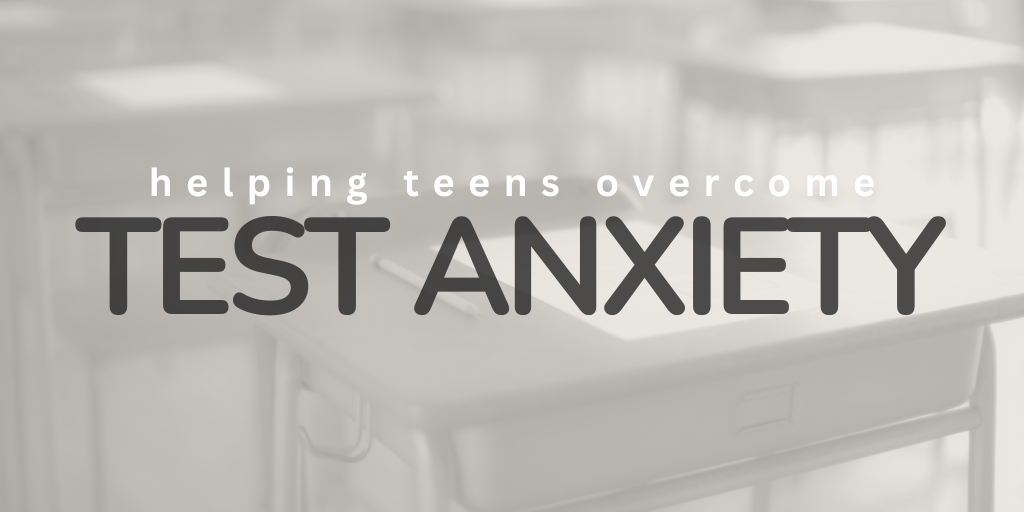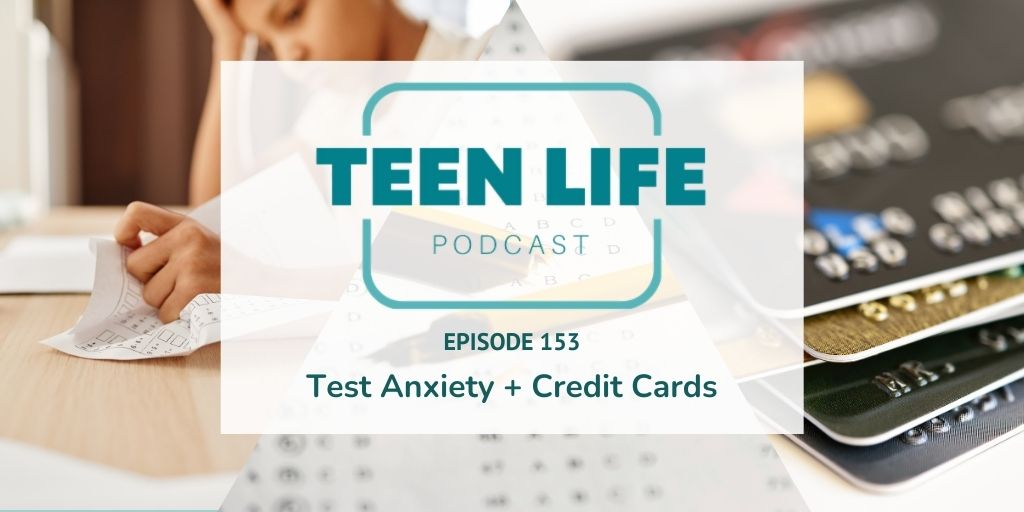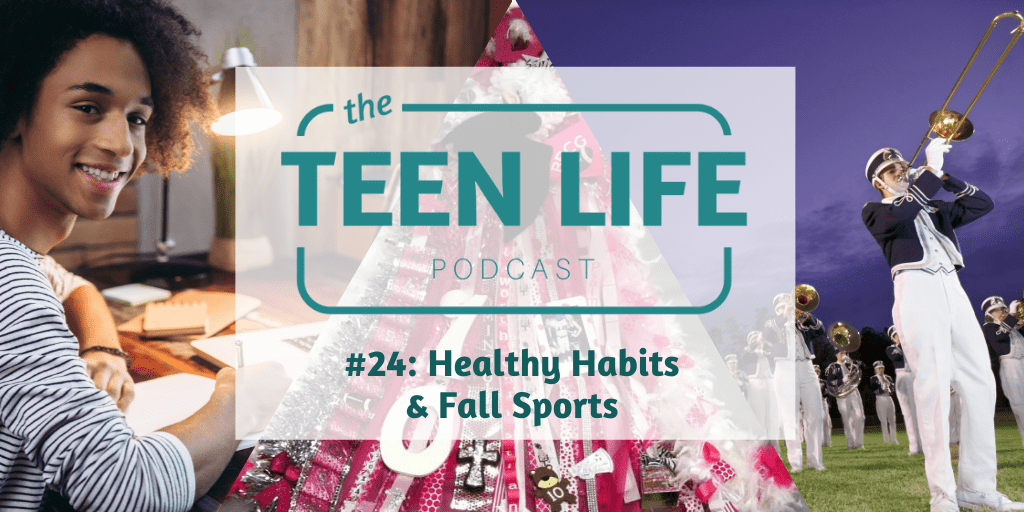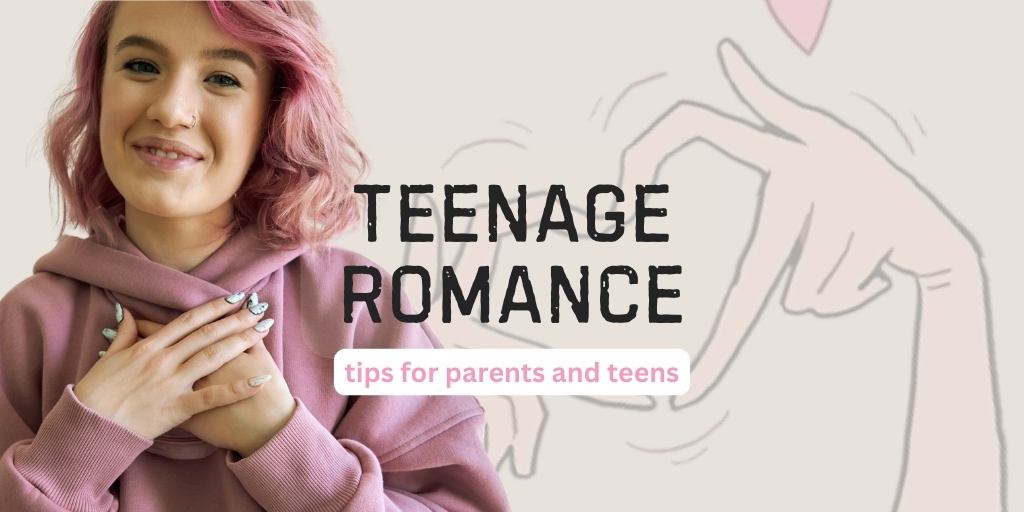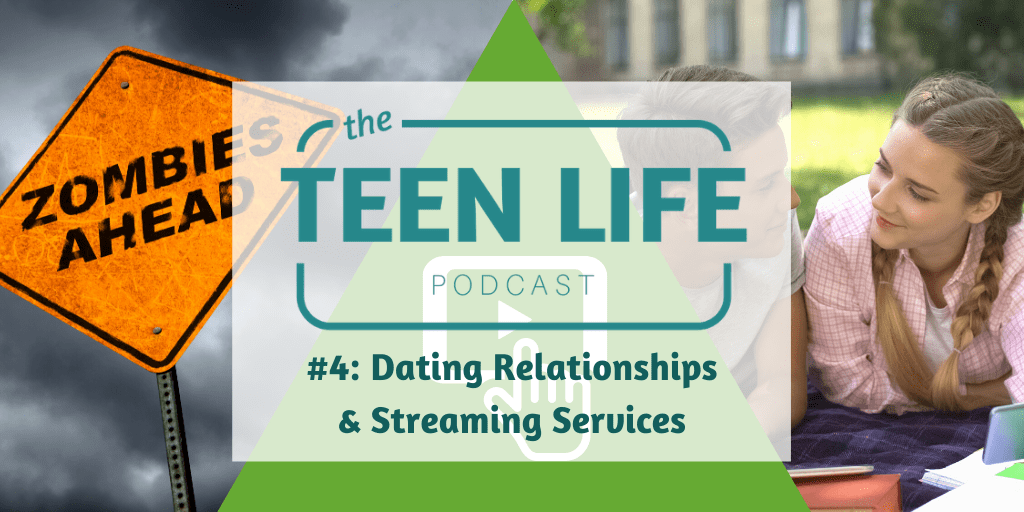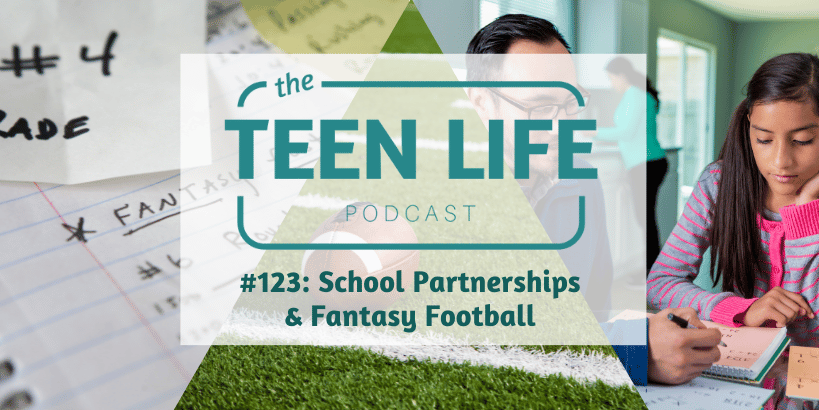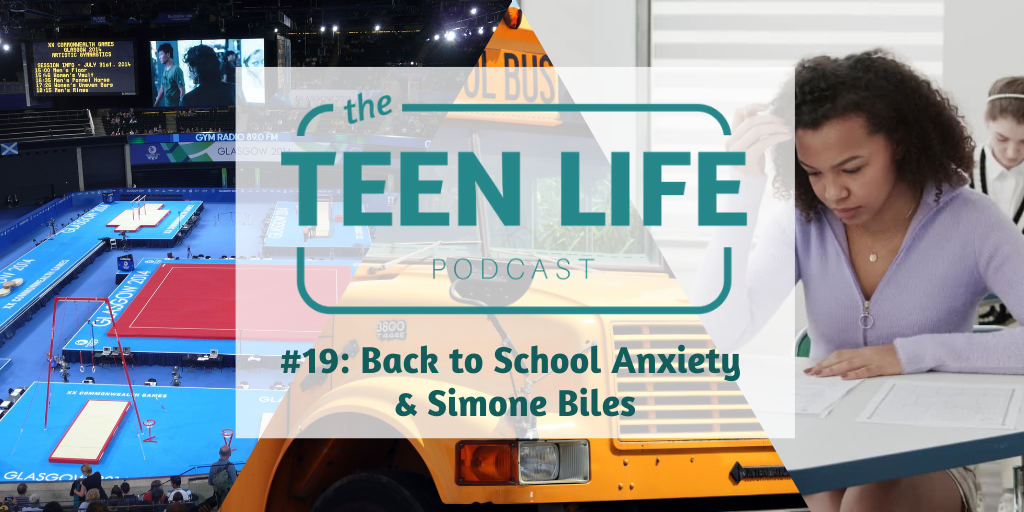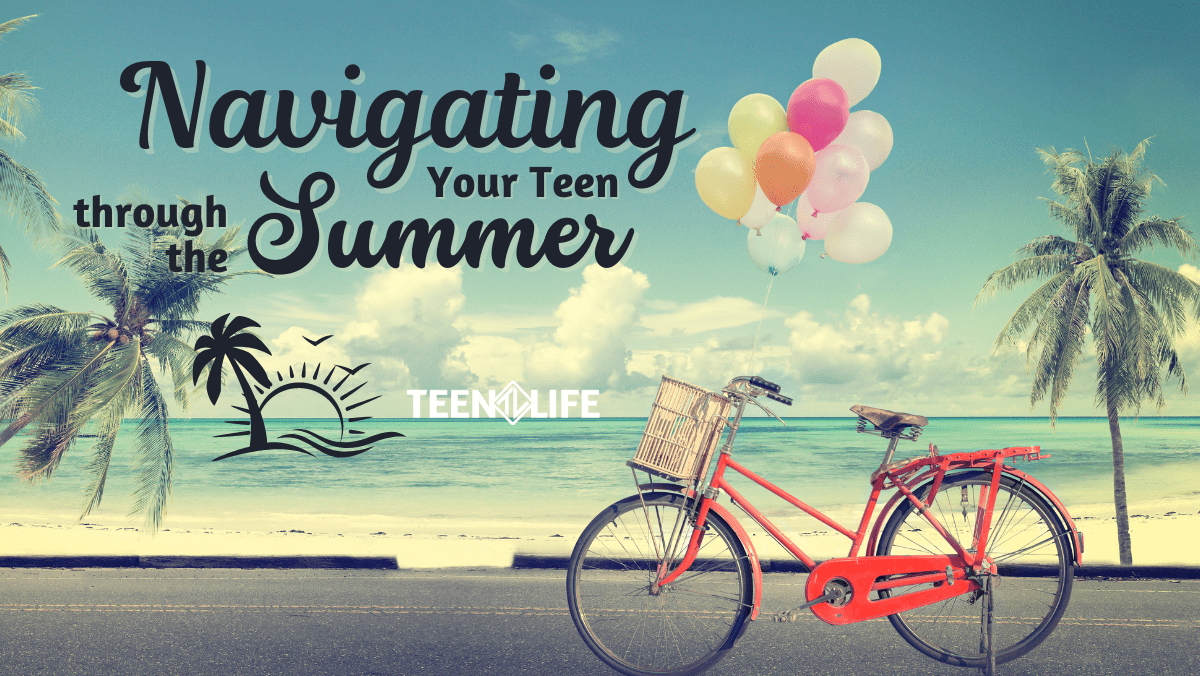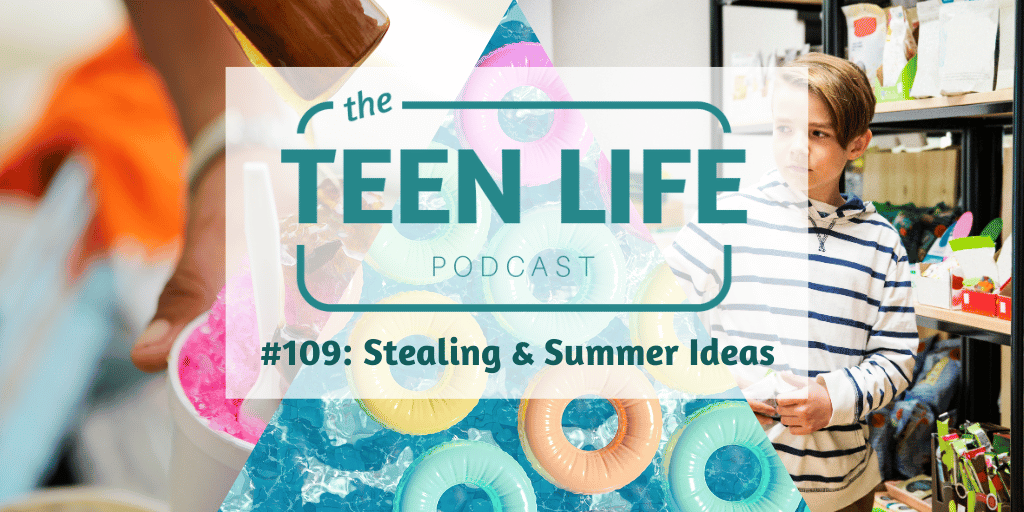
Supporting Your Teen Through the Holidays
Help teens make the most of their time off.
When the semester ends and the holidays begin, many teens welcome the break from homework, early mornings, and packed schedules.
Yet while rest is essential, the long stretch away from school can also bring unexpected challenges — particularly around connection and community.
For teenagers, friendships and social interaction aren’t just enjoyable; they’re vital for emotional health, identity formation, and a sense of belonging. Understanding the importance of maintaining healthy connections during school holidays can make a significant difference in a teen’s overall well-being.
The Social Pulse of Teen Life
Adolescence is a season of growth and discovery.
Teens are learning who they are and where they fit in the world, and much of that development happens in social spaces — classrooms, sports teams, lunch tables, and youth groups.
When those daily environments pause for the holidays, many teens lose a major source of structure and interaction. Without intentional ways to connect, isolation can sneak in quietly.
Belonging is a central need during these years. When teens feel disconnected, it can lead to anxiety, loneliness, or a drop in confidence. Even those who crave quiet or alone time still benefit from keeping in touch with their peers in meaningful ways.
It’s not about constant socializing — it’s about maintaining the relationships that provide support, laughter, and perspective.
Technology: A Double-Edged Sword
However, the digital world can also amplify loneliness. Scrolling through highlight reels of friends’ vacations or parties can trigger feelings of exclusion or inadequacy.
Encouraging balance is key — helping teens use technology to genuinely connect, not compare. A video call to a close friend, a shared playlist, or a group chat about an upcoming hangout can all keep relationships grounded in real connection rather than passive consumption.
The Power of Real-World Connection
Teens benefit from unstructured, in-person experiences that build confidence and deepen friendships — a day at the beach, volunteering, or even just hanging out in a park.
When possible, families can support this by creating opportunities for safe, social gatherings or by encouraging group activities like church youth nights, sports practices, or creative workshops.
Not every teen is naturally outgoing, and some might struggle to initiate plans. Parents can gently help by suggesting ways to reconnect or even offering to host a small get-together. The goal isn’t to force socialization, but to create space where teens can nurture their friendships in low-pressure settings.
Family Connection Matters, Too
Teens may act like they want independence — and they do — but consistent connection with family anchors them emotionally. Shared meals, movie nights, or even casual conversations in the car can strengthen trust and remind teens they are supported and loved.
Parents who take the time to listen without judgment often find their teens more open and secure in their friendships outside the home.
Recharging Time Together
Ultimately, holidays are a chance to rest and reset.
The healthiest balance includes solitude, creativity, and connection. Encouraging teens to check in with friends, join a community event, or simply spend time with family can make the break more fulfilling. When young people maintain meaningful relationships during this time, they return to school refreshed — not just academically, but emotionally and socially ready to thrive.
Connection doesn’t have to be complicated. It’s found in shared laughter, honest conversations, and moments of simply being together. For teens, those connections form the foundation of resilience, identity, and joy — both during the holidays and far beyond.

Tobin Hodges
Program Director
Tobin Hodges | Program Director
Tobin’s entire career has been centered around students and teens from all walks of life. He has a passion for helping teens be their best selves. As Program Director, he loves working directly with school staff and students through Teen Life Support Groups. Tobin has a Bachelor’s Degree in Music from Texas Tech University.


